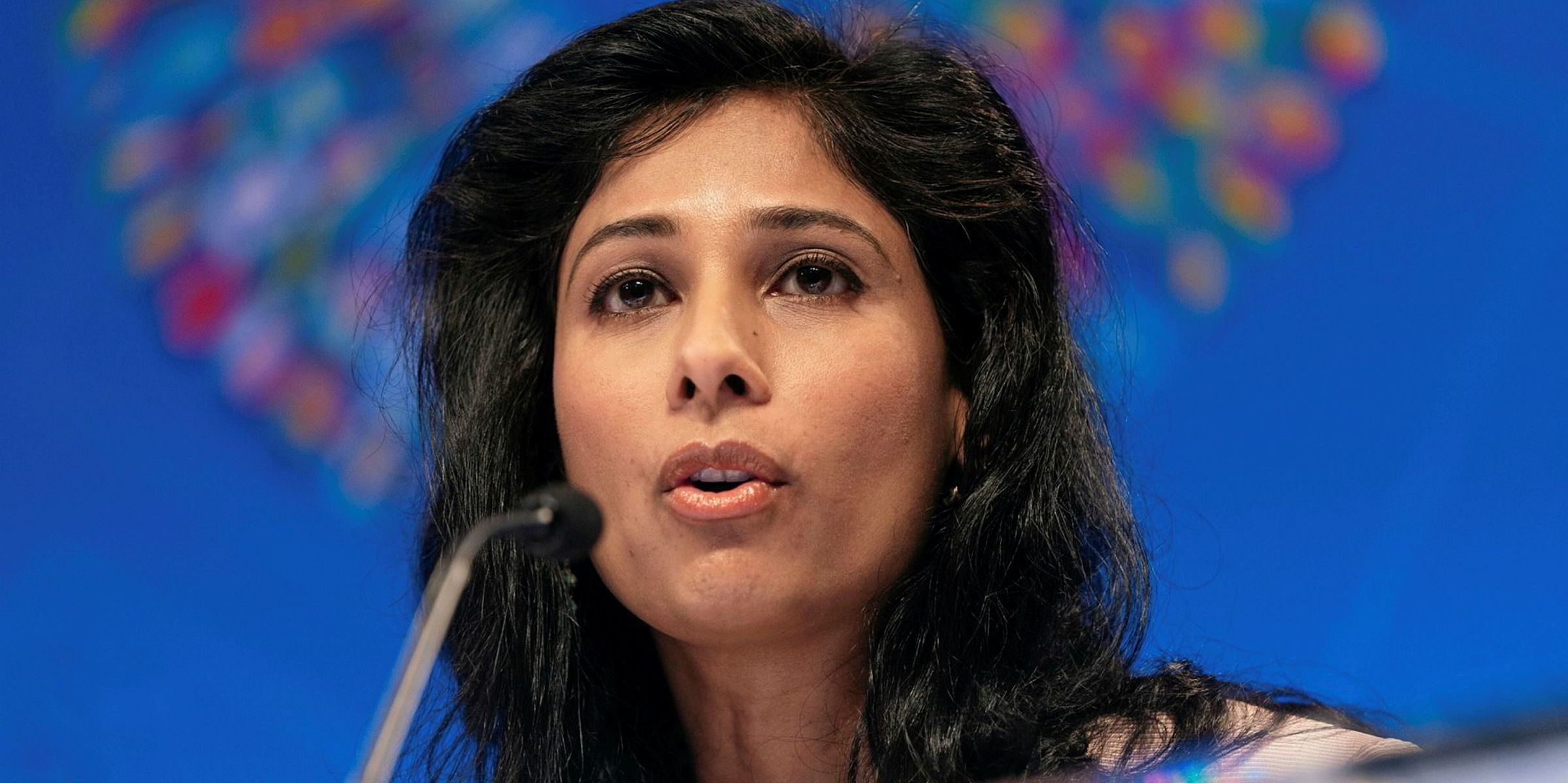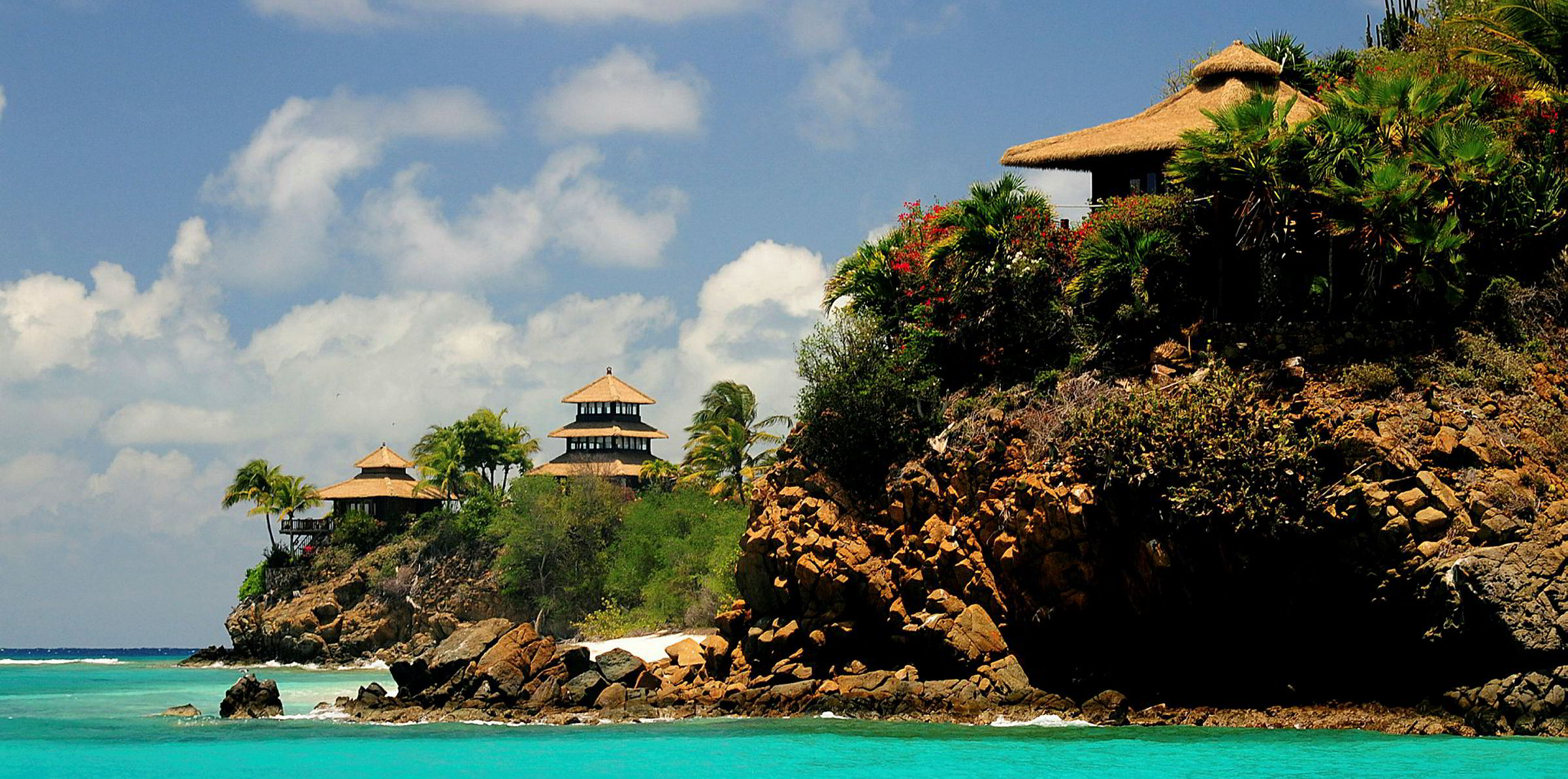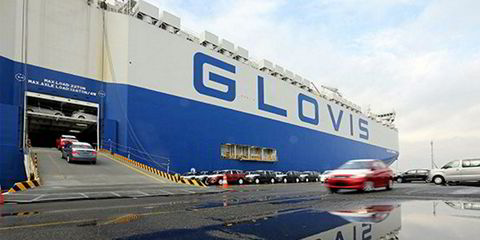Coronavirus has been for the cruiseship sector like a hand grenade lobbed into a crowded market bazaar.
There are casualties everywhere and no one is quite sure whether this is a one-off event.
This week, several European countries introduced new travel restrictions following a second wave of Covid-19 cases in some regions.
Britons returning from holidays in Spain were told without warning they would need to quarantine for 14 days.
China has reported its highest level of new coronavirus cases since April, while the US is still seeing 1,000 deaths a day.
Shares in German giant tour operator and cruiseship owner, TUI, plunged 11% on Monday alone.
The world’s largest cruiseship operator, Carnival Corp, saw its shares slump below $14. They are down nearly three quarters since the beginning of the year.
Gold, the ultimate safe investment in a crisis, hit an all-time high of $1,980.57 per troy ounce on Tuesday.
Hardest hit
It is fair to say that cruise, out of all the maritime sectors, has been hit the hardest by lockdown.
Even as some operators of very small cruiseships are back in limited action, most of the world fleet is tied up as it has been for over four months.
The expected 30m passengers in 2020 are confined to land — if not their homes.
Cruise company debt levels are soaring and optimism fraying as deadlines for restarting operations have come and gone.
Already, smaller operators such as FTI Cruises and Birka Cruises have been driven out of business.
You have to wonder which of the big three — Carnival, Royal Caribbean Cruises or Norwegian Cruise Line — could be first to seek Chapter 11 protection from bankruptcy?
These giants with huge overheads are desperately trying to retain financial buoyancy by throwing assets overboard.
Some ships are being put into long-term lay-up, some sold, others are being scrapped and newbuilding deliveries postponed.
Six weeks ago, Carnival boss Arnold Donald and Royal Caribbean Cruises' Richard Fain were talking up the “eagerness” of passengers to get back to cruising.
Cruise has — like its sunlight adverts — been able until this year to live the dream of pretty much endless growth.
They seem to have gone a bit quiet in the face of further problems since, although Royal Caribbean Cruiseshas increased its stakes in TUI Cruises and Silversea Cruises.
Historically, these companies have been used to so much success.
Cruise has — like its sunlight adverts — been able until this year to live the dream of pretty much endless growth.
Now, there is a reckoning. Even if a feared second wave of pandemic infections in the northern hemisphere fails to take off later this year, things for cruise will never quite be the same.
The US Centers for Disease Control and Prevention (CDC) recommends that travellers defer all cruise travel worldwide.
A CDC no-sail order for operators of large cruiseships has been extended from 24 July to 30 September.
Already companies such as Princess Cruises have prolonged lay-ups on some vessels until mid-December.
Almost 3,000 Covid-19 cases have been found on cruiseships since 1 March. This has led to a swath of legal cases by disgruntled passengers.
Last week, Princess — an arm of Carnival — convinced a US district judge to throw out 15 of 27 lawsuits brought by passengers over the February 21 sailing of the 107,500-gt Grand Princess from San Francisco.
But there are plenty of other suits facing the industry and spreading negative publicity about Covid-19 and cruising.
Industry analysts still insist the industry will bounce back and passengers will not be deterred.
Sector restructured
I think the more realistic assessment — even if the pandemic dies down and the no-sail ban is lifted at the end of September — is that things will return to normal very slowly.
Cruise will be a paired back and restructured sector, but that is not necessarily a bad thing even though one mourns for those who have lost their jobs. The 80% domination by three big companies is not a healthy commercial marketplace.
But the sale of vessels by the big companies at knock-down prices to the smaller operators, such as Fred Olsen Cruise Lines, Celestyal Cruises, Bahamas Paradise Cruise Line and others, should be good for the industry.
The Covid-19 hand grenade may have brought some harsh but invigorating creative destruction.
Disclosure: Fred Olsen Cruise Lines' parent, Bonheur, also owns a 54% stake in NHST Media Group, which is the owner of TradeWinds.








